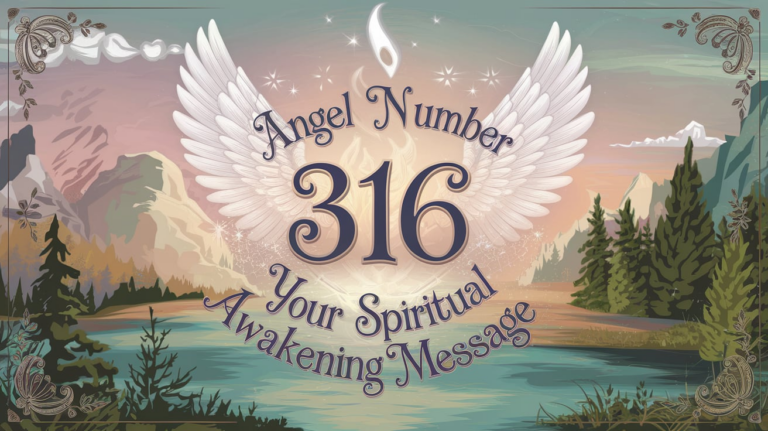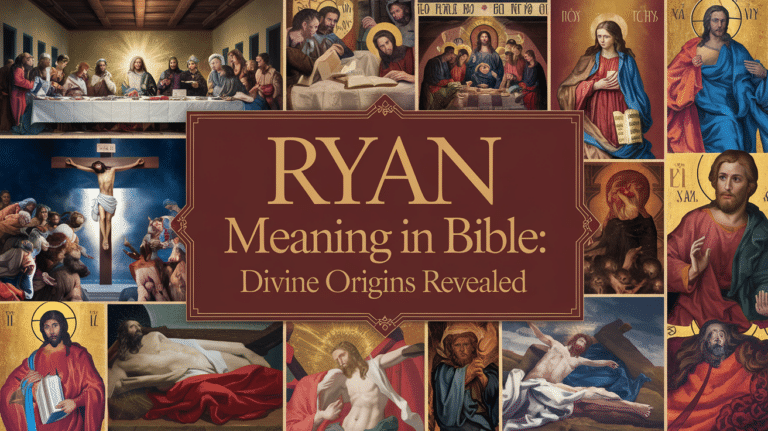In biblical symbolism, numbers often hold deeper meanings than we might realize. The number 8, in particular, has a unique spiritual significance.
It’s not just a random figure; it’s seen as a symbol of new beginnings and renewal, particularly in the context of God’s promises.
But what does this truly mean for us today?
As we investigate the biblical significance of the number 8, we’ll uncover how it relates to themes of conversion, resurrection, and divine favor.
Stay with us as we find out why this number is so powerful in Scripture and how it can inspire your faith that lies ahead.
Exploring the Number 8: A Biblical Guide

The number 8 holds significant symbolic meaning throughout the Bible, representing new beginnings, resurrection, and abundance.
While seven symbolizes completion or perfection in biblical numerology, eight often signifies what comes after completion—a new start or rebirth.
In Hebrew tradition, male children were circumcised on the eighth day after birth, marking their covenant relationship with God.
This practice, commanded in Genesis 17:12, represented the beginning of a new life dedicated to God’s purposes. The timing was not arbitrary but divinely appointed, symbolizing a fresh start in a relationship with the Creator.
The concept of resurrection is another powerful association with the number 8. Jesus rose from the dead on the first day of the week—the eighth day when counting inclusively from the Sabbath.
This resurrection inaugurated a new covenant and a new creation, transcending the completed work of the original seven days of creation.
Interesting Lesser-Known Facts and Beliefs About the Eighth Day
- The ancient Jewish feast of Shemini Atzeret (“Eighth Day Assembly”) follows the seven days of Sukkot, representing intimate communion with God after the more public celebration.
- In medieval Christian architecture, octagonal baptismal fonts symbolized spiritual rebirth through the eighth-day concept.
- Several ancient Jewish writings, including the non-canonical Book of Jubilees, describe the eighth day as when Adam and Eve entered Eden.
- Some mystical traditions teach that circumcision on the eighth day carries cosmic significance—the first seven days represent physical creation, while the eighth signifies spiritual transcendence.
- Early Christian communities in North Africa called Sunday “the day beyond time,” reflecting their belief that worship transported them to eternal reality.
- The Gnostic text “Gospel of Truth” associates the eighth day with what they called the “Ogdoad”—a transcendent sovereign state beyond the seven heavens where divine fullness dwells.
- In Byzantine church architecture, the dome often represented the eighth day. It was placed above the four corners of the earth (representing material creation) to symbolize eternity breaking into time.
- In some Eastern Orthodox traditions, the week after Easter is considered the “eighth day”—a continuous Sunday representing the eternal day of resurrection that transcends ordinary time.
Why is Number 8 Significant in Biblical Teachings?

The number 8 carries special meaning throughout Scripture. In Genesis, “eight souls were saved” through Noah’s ark, connecting the number to salvation.
Circumcision was commanded on the eighth day, a timing modern medicine confirms as optimal. Priests entered their duties on the eighth day after consecration. Jesus rose on the first day of the week—the eighth day counting from the Sabbath.
This pattern reveals 8 as symbolizing new beginnings and resurrection. The Feast of Tabernacles lasted seven days but added an eighth day as a special assembly, suggesting abundance beyond completion.
King David, from whose lineage the Messiah would come, was notably the eighth son of Jesse. Musical notations in Psalms reference “upon the eighth,” potentially indicating a special octave for worship.
Early church fathers embraced this symbolism, referring to Sunday worship as “the eighth day,” representing the new creation in Christ.
The Divine Message Behind the Number 8 in the Bible

The number 8 functions as a powerful biblical symbol carrying consistent theological significance beyond mere numerical value. Its strategic appearances throughout Scripture reveal divine intention rather than coincidence.
In Hebrew tradition, circumcision on the eighth day (Genesis 17:12) established covenant identity—a timing modern medicine confirms coincides with optimal vitamin K levels for blood clotting, suggesting divine wisdom in ancient practice.
The flood account presents humanity’s first reset, with exactly eight souls surviving to begin anew (1 Peter 3:20), connecting the number with salvation and new creation. Resurrection themes dominate the symbolism of 8, with Jesus rising on the day after Sabbath (the eighth day when counting inclusively).
Early church fathers like Justin Martyr acknowledged this significance in their writings about Sunday worship. The number appears in other key moments:
- Jesus’ transfiguration occurred “eight days” after Peter’s confession (Luke 9:28)
- In Hebrew gematria, Jesus’ name equals 888
- Sacred architecture frequently incorporated octagonal designs
- David’s position as Jesse’s eighth son (1 Samuel 16:10-13) preceded his anointing as king.
The number 8 consistently symbolizes new creation, resurrection, and transcendence of natural limitations—pointing toward God’s redemptive work throughout human history.
The Bottom Line
As we conclude our exploration of the number 8 in Scripture, we find ourselves standing at the intersection of divine pattern and purpose.
The recurring appearance of this number throughout biblical narrative reveals a God who communicates through every detail—even numerical structures—to convey keen spiritual truths.
The number 8 invites us beyond completion into the empire of new beginnings. It whispers of resurrection hope when circumstances seem finished. It reminds us that God’s work continues beyond what appears complete.
In a world that often feels trapped in cycles of seven—weekly routines, work patterns, and natural limitations—the biblical emphasis on the eighth day calls us forward into what transcends our temporal experience.
Perhaps this is the greatest insight of all: that our story continues beyond what we can see into the eternal eighth day of God’s unending new creation.















